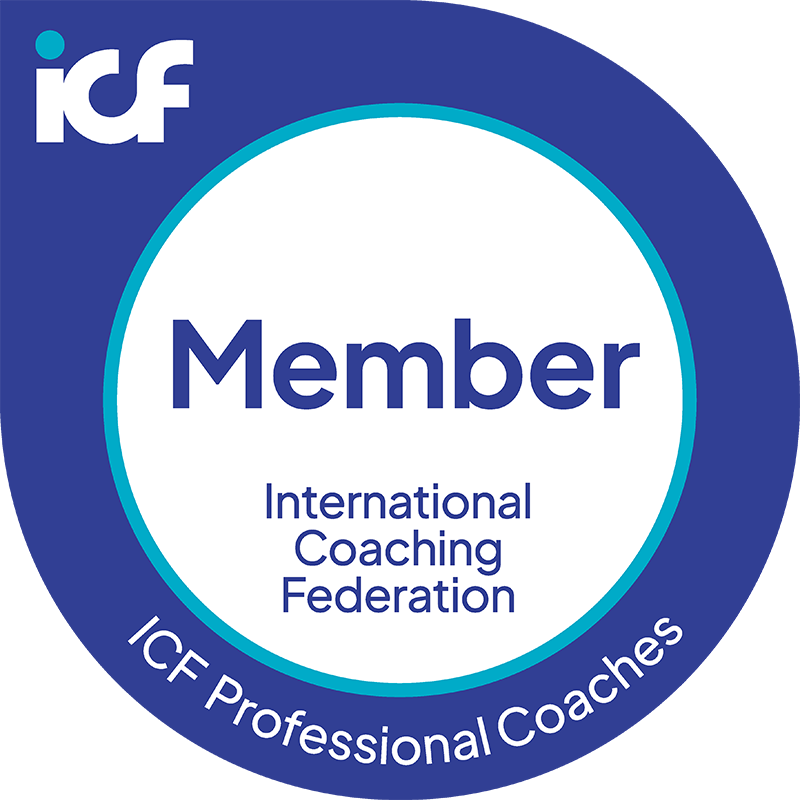
Myth vs Fact
There are social stigmas attached to any kind of helping services including coaching.
Here are some myths that cross people’s thoughts when Coaching is mentioned.
Which ones crossed your mind?
“I don’t need coaching; I don’t have problems. And I’m definitely not crazy.”
On the contrary, coaching is not for the weak. A great coaching client is one who is solution-focused as opposed to problem-focused. It takes a strong mind to show vulnerability with your coach, maturity to handle feedback, and open-mindedness to build self awareness. Your coach is not a psychiatrist!
Here’s a simple definition: Coaching is an action-oriented goal-based approach to help you achieve transformation, and in this, the coach will be your partner and guide. Unlike mentoring, consulting, or therapy, where someone is giving advice and telling you what to do and how to do it, you will decide your own way forward. Also therapy is focused on the past, while coaching is present and future focused.
“My life is under control. I don’t need anybody to tell me what to do.”
While self-sufficiency may be a good thing, it may also build your ego to an extent that you don’t need others. You may be missing out on the strengths of others and what they are able to offer you to help make your life even better. Secondly, unlike advisors or consultants, coaches partner with the client to dig deep into their values and beliefs to help them reach their goals. Coaches never tell the client what to do; clients are in charge.
“It’s unnecessary. I don’t need coaching, therapy, counselling, or anything else.”
While the above sciences do somewhat overlap, therapy and counselling deep dives into your past; coaching is present-and-future-focused on your goals and ambitions. A coaching partnership helps the client with self-discovery and empowers him to pave his own path.
“It’s not a worthwhile investment.”
Only clients who have had a coaching experience with certified ICF coaches can verify this for themselves. Please click here to read about the impact organizations make when they successfully implement a coaching culture.
“I don’t have time.”
Coaching is an investment. This may sound like an oxymoron; I worked with a client who gave me her time because she had issues with time management. We delved into her daily agenda and discovered that she was not utilizing resources right in front of her that will actually save her time.
“I don’t think a coach can help me; how will I know she’s effective?”
The effectiveness of a coach can be compromised if they are not trained under ICF – the Gold Standard of Professional Coaching. “Anyone can call themselves a coach. But ICF-credentialed coaches are professionals who have met stringent education and experience requirements, and have demonstrated a thorough understanding of the coaching competencies and structure that set the standard in the profession.” (International Coaching Federation)
“I had coaching before and it did not help.”
Past negative experiences with coaches are not unheard of. “Perhaps the same strategy was used with all clients; the problem was not correctly identified; the coach does not have enough expertise in the industry; the objective is not clearly defined; the change is not integrated into the organizational system; coaching is seen as a last resort/started too late.” (Forbes 2022)
“I am ready for coaching and looking forward to improving, but I don’t think the company I’m working in right now will see the benefit.”
If a company really wants a change, it should be ready to integrate coaching into the organizational system (Forbes 2022). OLC’s vision is to empower organizations to thrive by embracing a coaching culture. Even if your organization is not ready for this change, creating the vibrant culture you seek can be done within your own team. Positivity is contagious.
“It seems it’ll work for some time; then we will go back to our routine.”
Permanent change is possible if the client is action-oriented, repeats new behaviors, and accepts accountability. If the client truly believes in changing old behaviors that no longer serve him and is dedicated to building new ones, then change is being made at the biological level, leading to resilience, and referred to as neuroplasticity.
Our very first call will be a Chemistry Call. In this call, we will get to know each other and decide whether coaching is the right path for you at this time. I’ll be talking to you about my process, what I offer, if we are a right fit for each other as coach and client, and how many sessions you may need. This is a 30-minute complimentary call.
